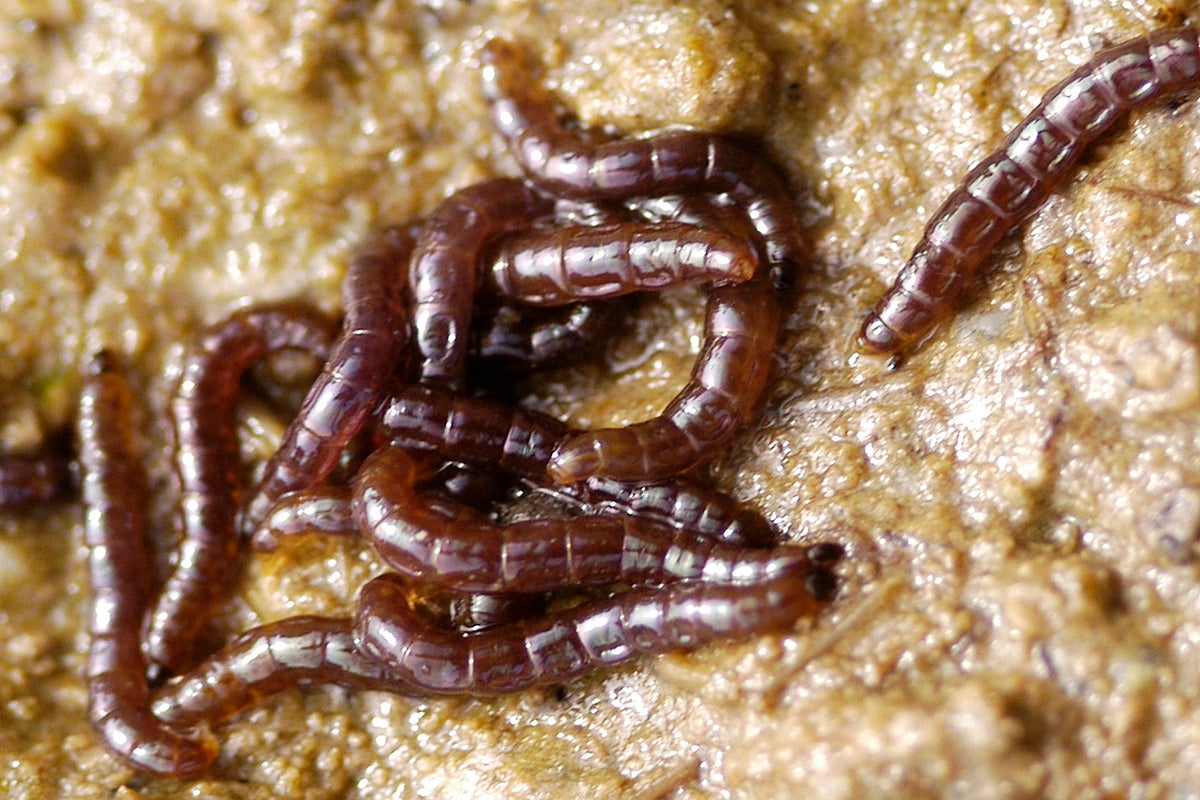
The only known insect species native to Antarctica is being driven to extinction because of a warming climate, something that could lead to an alteration of the continent’s food web, finds a new study.
The tiny Antarctic midge is a flightless insect smaller than the size of a pea that has evolved to survive in extreme conditions.
But warming winters in the region are now a threat to its existence, said scientists, including Jack Devlin from the University of Kentucky in the US.
They said the insect takes about two years to complete its life cycle, most of which is spend as a larva.
In the new study, published earlier this month in the journal Functional Ecology, researchers evaluated the response of the larvae to simulated winters of about six months at three temperature scenarios – warm (-1C), normal (-3C), and cold (-5C).
In each of these scenarios they placed the larvae into three distinct habitat types in which they are commonly observed – decaying organic matter, living moss and Prasiola crispa algae.
Following the simulated winter periods, scientists measured the larvae’s survival, locomotor activity, tissue damage, energy store levels and molecular stress responses.
The study found that a 2C increase in winter temperature could reduce the insect’s survival rate, with a reduction in its microhabitat’s energy stores.
“Even though terrestrial algae is a common food source for midges, larvae that were kept in algae had low survival across all winter temperatures, although the underlying mechanism for this is unclear,” the scientists said.
These energy deficits can have adverse effects on the insect’s subsequent development and reproduction, they pointed out.
If the larvae burn through more of their energy reserves in warmer winters, “eventually, you’ll end up getting extinction from certain islands,” entomologist Joshua Benoit of the University of Cincinnati, who was not involved in the work, told Science magazine.
Since Antarctica has very few species that live only on land, the loss of the native midge may also potentially reshape the continent’s food web, said scientists.
However, a reduced duration of winter due to the climate crisis “may negate” some impacts observed in the study, they said, adding that future studies will be needed to assess this factor.
“To our knowledge, this is the first study to simulate a full-length winter and determine physiological costs of variable winter environments in an Antarctic arthropod,” they wrote in the study.
“Our results suggest that continued winter warming in the Antarctic Peninsula may negatively impact cold-adapted invertebrates and their associated soil communities,” scientists said.







